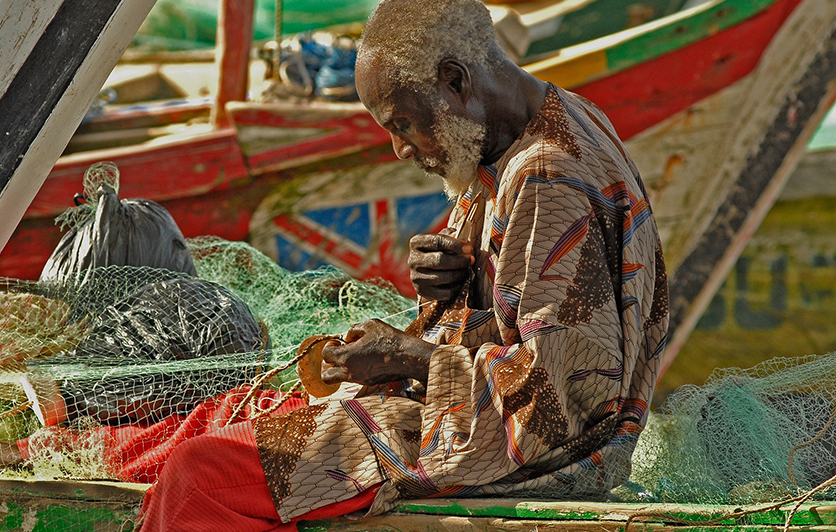-
Home
- Home Hugo Pena
- Hugo Pena

Hugo Pena
"I was born in a small Guatemalan village on the Caribbean coast called Izabal, and when I was three years old the whole family moved to the city. My parents were a powerful influence during my childhood and adolescence.<br><br>
"Mother was a teacher and her vocation to continuous learning, teaching, and the gift she had to transmit her knowledge inspired me and marked my life. Dad also worked in academia and taught industrial art. He learned different crafting processes, so at a young age I became his assistant in a family venture that specialized as a serigraph workshop.<br><br>
"My passion for wood work revealed itself when I took my first lessons in wood carving. I was 14 years old and I decided to complement my studies with some architecture courses in university. I also studied painting with the fine art artist Leon Campos and ended up working with him for 16 years making frames and easels for his art gallery.<br><br>
"By the time I was 19 years old I set up my wood workshop in Quetzaltenango where I was able to have several apprentices and assistants. I returned to the city in 2003, and though I kept studying, I also got a job as a tourist guide which I enjoyed. I also found it very useful, because it allowed me to get closer to traditional handicrafts, our anthropological legacy, and my country's history.<br><br>
"I went to Colombia in 2010 where I took more courses on furniture making and crafting other pieces with wood, leather and silver. I did my apprenticeship in Bogota, at the studio of renowned interior designer Juan Camilo Ramirez and eventually became the director of the workshop. My time in Colombia was about learning a lot, experimenting, and working.<br><br>
"Now I'm back in Guatemala and I'm working hard at the workshop to develop everything I have learned. I want to innovate the realm of wood art by combining it with such materials as leather, textiles and ceramic, with contemporary designs.<br><br>
"My inspiration is borne out of tradition, artisans, and ancestral artistic techniques."


